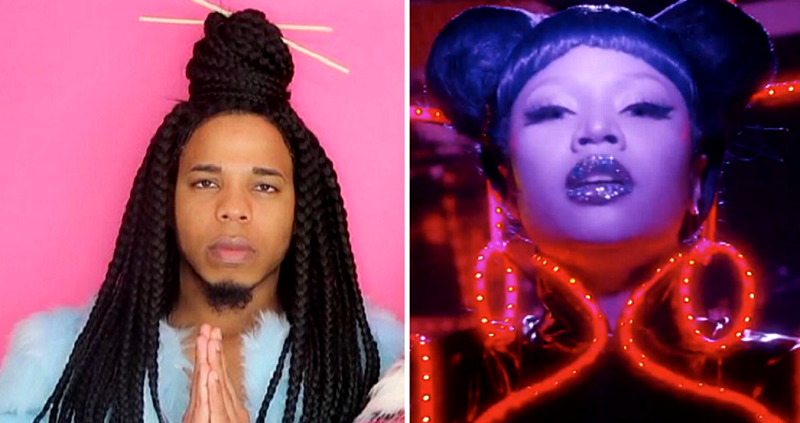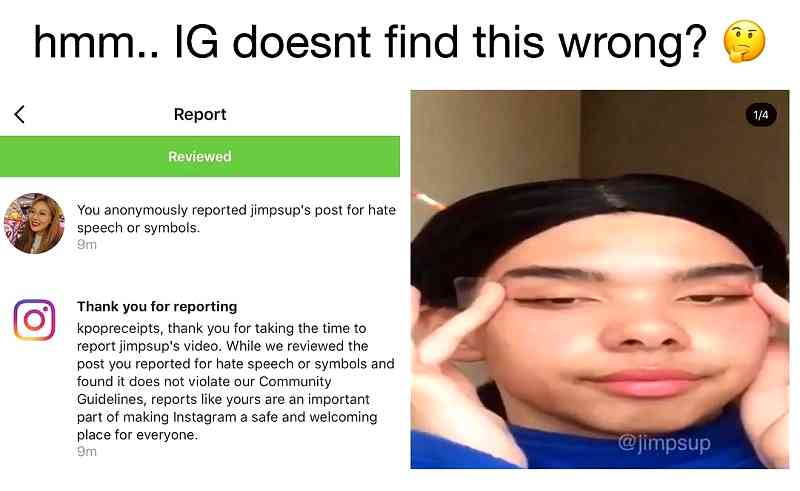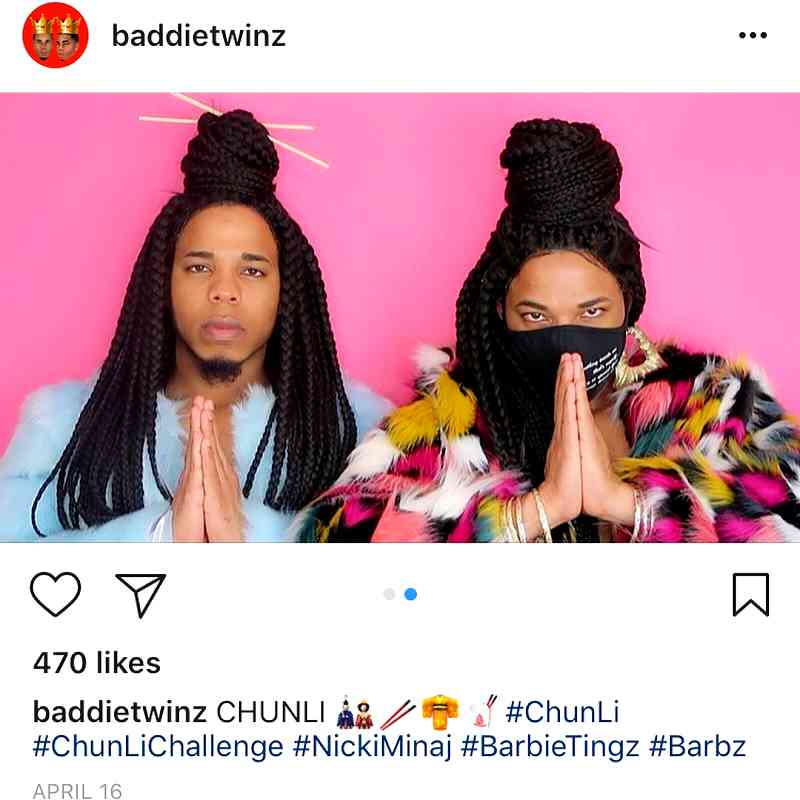Nicki Minaj’s ‘Chun Li Challenge’ Accused of Perpetuating Asian Stereotypes



By Ryan General
May 7, 2018
Nicki Minaj’s newest single “Chun-Li” may have meant to deliver an entirely different message, but it still birthed a meme that many have criticized for promoting a stereotypical image of Asian culture.
The popular track, which is named after a popular female character from the video game franchise “Street Fighter,” has inspired the “Chun Li Challenge,” a new viral video trend that immediately caught traction online.
Using the hashtag #chunlichallenge, Minaj’s fans filmed themselves lip-syncing verses from the song, which sometimes involves some dancing while wearing random Asian garb.
Critics say that while most participated in the spirit of fun, there were some who used the opportunity to stereotype Asian culture.

For instance, up-and-coming rapper Asian Doll, who is not Asian, danced with the ridiculous “chopsticks in hair” style — which only illustrates cultural ignorance.
You Kno Da Doll Had To Do The #ChunLiChallenge 🔥🔥🔥💕💯💯💯 @NICKIMINAJ pic.twitter.com/iEQ37OpHWL
— Doll SZN 5•4 (@ImAsianDoll) April 21, 2018
Some even went as far as doing the racist “slant-eye” gesture:

Other rappers such as Kanye, Drake, Kendrick Lamar, and Donald Glover, among others have been crossing the line way beyond the common excuse of cultural “appreciation” with their obsession with Asian stereotypes in their music and videos.
Whichever way one looks at it, repeated use of one’s culture for a comedic effect or just as props in general, reeks more of cultural disrespect rather than “appreciation.”
“It might seem acceptable for non-Asian people to wear a piece of what is deemed as ‘Asian culture’ to recreate a social media video, but it speaks to a larger issue about how social media commodifies groups and cultural identities. The #ChunLiChallenge only further highlights how easy it is to flatten an identity to certain stereotypes or cultural markers,” Teen Vogue’s David Yi explained.
“In this case, it allows mistreatment of Asian culture to flourish. It’s been nothing short of disheartening to see Nicki continue to present a reductive version of Japanese culture, which she’s been accused of in the past, too; in 2017, there was her H&M collaboration with emblazoned sweatshirts and tees with Kanji characters and Japanese motifs like cherry blossoms and paper fans. Previous tracks have included references to geisha and samurai, and she’s also cosplayed as a ‘Harajuku Barbie’ persona,” he added.
Featured Image via Instagram / (Left): baddietwinz | (Right): YouTube / Nicki Minaj
Share this Article
Share this Article
